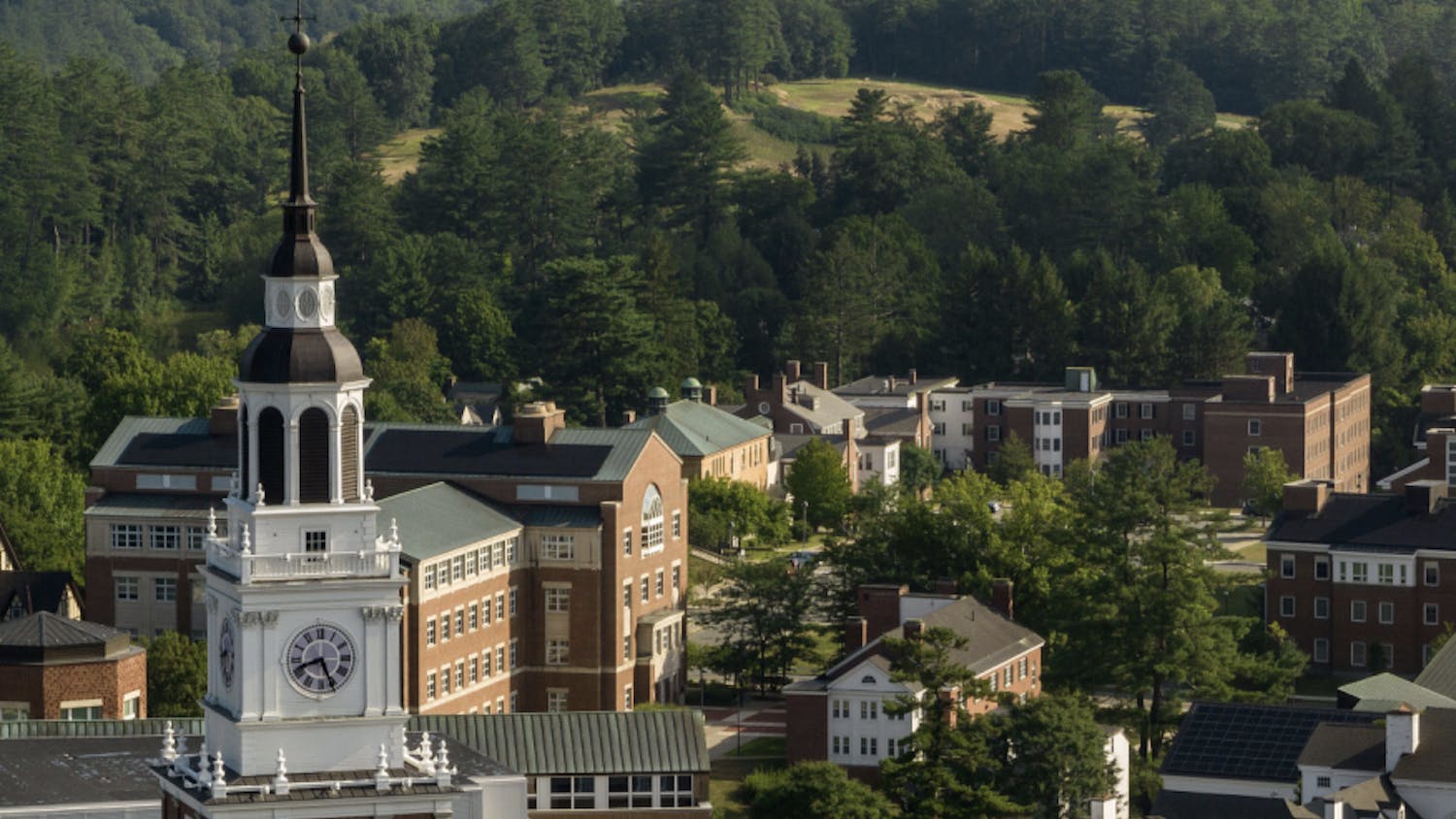The Geisel School of Medicine improved its ranking in the recently released 2018 U.S. News and World Report list of the “Best Medical Schools.” The rankings, which were released on March 14, placed Geisel as 27th in primary care and 35th in research, an increase from last year’s rankings of 45th and 40th, respectively.
In an email, interim dean of Geisel Duane Compton called this year’s rankings “gratifying.”
The 2018 rankings mark an improvement for Geisel, which has dipped in rankings since 2013, when it peaked at 31st in research. Since then, Geisel ranked 38th in 2014, 34th in 2015 and 37th and 45th in the last two years.
These past drops in rankings were contemporaneous with the abandonment of the Geisel 2020 Strategic Plan for Excellence in September 2015. The 2020 Plan, announced by former Geisel dean Wiley Souba in 2011, aimed to place Geisel in U.S. News’ top 20 U.S. medical schools by 2020. Compton announced in 2015 that Geisel would no longer pursue the plan due to a budgetary overhaul. This past fiscal year, the College reported that the reorganization of Geisel cost about $53.5 million.
The U.S. News rankings are based on a variety of factors, including MCAT scores and GPAs of accepted students, acceptance rates and faculty-to-student ratios. Primary care rankings are also based on the number of recent graduates who practice primary care in residency, and research rankings depend partly on total research dollars received from the National Institutes of Health.
Despite the improvement in rankings, Geisel faculty members realize that they are always susceptible to change. In fact, a single point change of Geisel’s ranking on a hundred-point scale can change its rank by five to seven positions, said Rand Swenson, the Geisel department chair of medical education who also sits on the admissions committee.
“I don’t think you can read into change from one year to the next,” Swenson said. “I don’t think you can compute a very great significance to a change of five or seven spots even.”
Because of the increased value of other aspects of Geisel’s education and the capricious nature of rankings, Swenson noted that he does not expect to see an immediate change in application numbers based on the year’s rankings.
This rise in rankings also comes at a time when professionals and students are placing more scrutiny on medical school rankings. Last year, the Hébert School of Medicine at The Uniformed Services University of the Health Sciences decided not to participate in the U.S. News medical school rankings.
For some Geisel students, the school’s rankings played only a small role in convincing them to continue their education in Hanover. Students noted that factors like Geisel’s location, pass-fail grading in the first two years and community played a major factor in their decision in addition to the rankings.
“I wouldn’t say that rankings affected my decision to apply to medical schools or eventually attend as much as other factors did,” Marietta Smith ’12 Med’17 said.
When Kimberly Betts ’12 Med’17 decided to apply to Geisel, she prioritized Geisel’s supportive environment, location and work-life balance.
“It offered the most wonderful opportunities, a great community, the opportunity to stay within the Dartmouth community but [also] understand and serve on a different level than as an undergrad,” she said.



